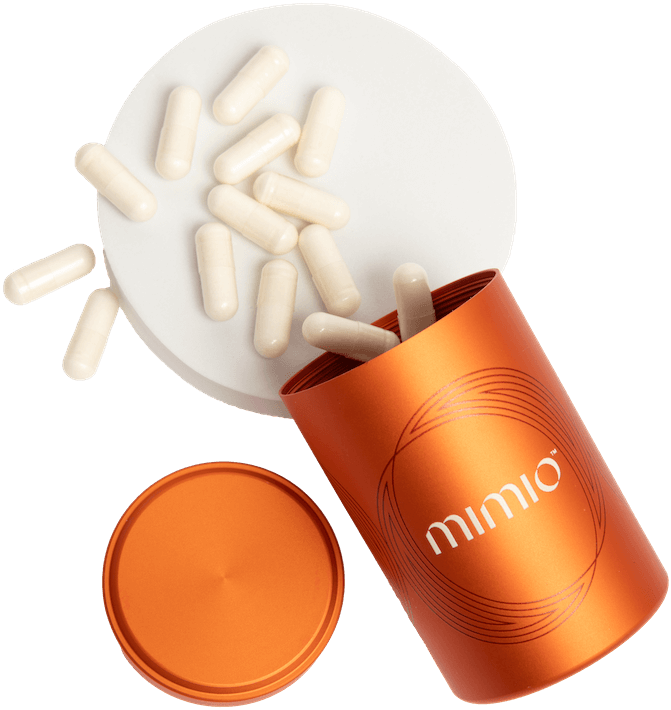OEA is a fatty acid amide derivative of oleic acid produced in the intestines of mammals and is involved in satiety, lipid metabolism, and immune modulation4,27. OEA is found primarily in animal products and is most concentrated in organ meats though consumption of oleic acid has been shown to increase OEA production and circulation in the body28. OEA's primary action is as a PPAR-a agonist29 through which it plays roles in the regulation of energy intake, energy expenditure, and hunger signaling to act as an anorexigenic to increase satiety and decrease food intake4,29. For this purpose, dietary supplements containing OEA are primarily used for weight loss and have shown potential for aiding in the treatment of obesity30. However, OEA has also accumulated recent evidence of its role in immune modulation where it induces systemic anti-inflammatory and antioxidant effects through currently unknown mechanisms27,31,32. Recent experiments by this lab have also shown OEA to be able to significantly extend the lifespan of C. elegans. While there is no current recommendation for OEA intake, clinical studies of OEA supplementation have reported beneficial anti-inflammatory and metabolic effects in obese subjects at doses of 250mg of OEA per day30,31.
References
4. Thabuis, C. et al. Biological functions and metabolism of oleoylethanolamide. Lipids (2008) doi:10.1007/s11745-008-3217-y.
27. Ghaffari, S. et al. Oleoylethanolamide, A Bioactive Lipid Amide, as A Promising Treatment Strategy for Coronavirus/COVID-19. Archives of Medical Research (2020) doi:10.1016/j.arcmed.2020.04.006.
28. Bowen, K. J. et al. Oleic acid-derived oleoylethanolamide: A nutritional science perspective. Progress in Lipid Research (2017) doi:10.1016/j.plipres.2017.04.001.
29. Laleh, P. et al. Oleoylethanolamide increases the expression of PPAR-Α and reduces appetite and body weight in obese people: A clinical trial. Appetite (2018) doi:10.1016/j.appet.2018.05.129.
30. Brown, J. D., Karimian Azari, E. & Ayala, J. E. Oleoylethanolamide: A fat ally in the fight against obesity. Physiology and Behavior (2017) doi:10.1016/j.physbeh.2017.02.034.
31. Payahoo, L., Khajebishak, Y., Jafarabadi, M. A. & Ostadrahimi, A. Oleoylethanolamide supplementation reduces inflammation and oxidative stress in obese people: A clinical trial. Adv. Pharm. Bull. (2018) doi:10.15171/apb.2018.056.
32. Sayd, A. et al. Systemic administration of oleoylethanolamide protects from neuroinflammation and anhedonia induced by LPS in rats. Int. J. Neuropsychopharmacol. (2015) doi:10.1093/ijnp/pyu111.



